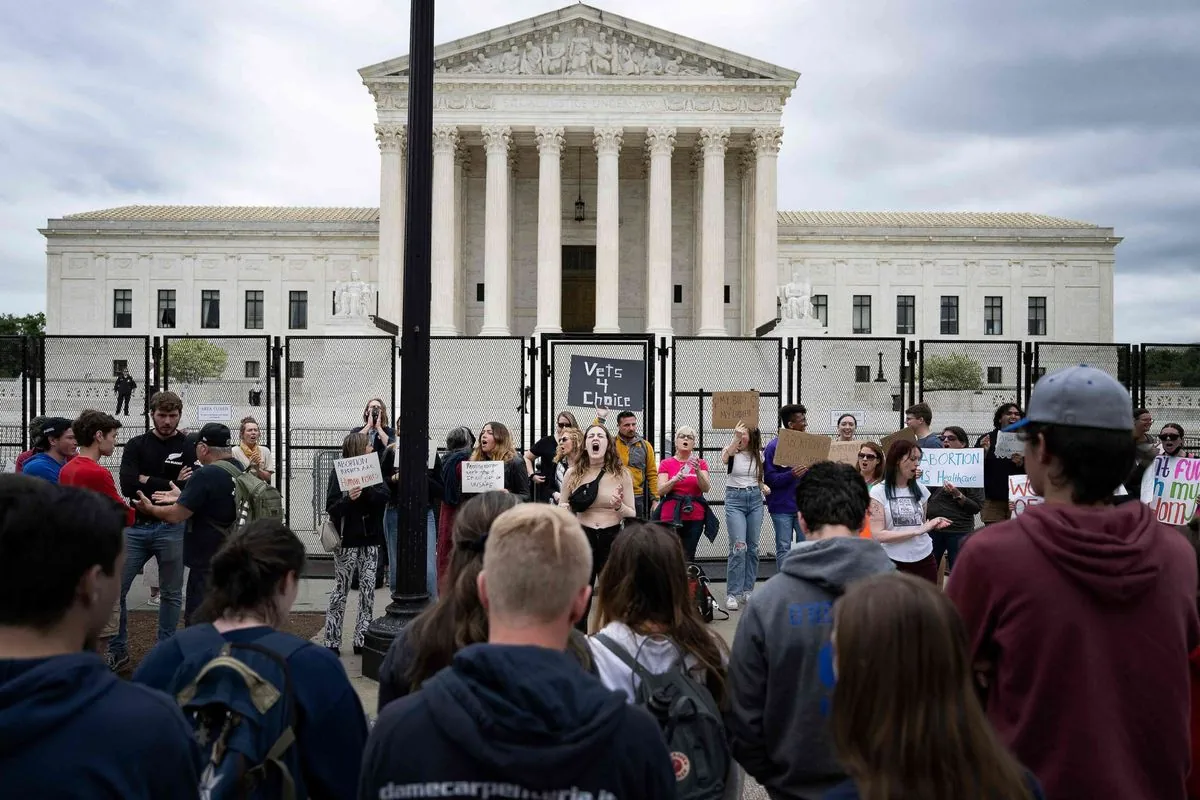A recent survey conducted by the Annenberg Constitution Day Civics Survey has revealed significant public support for reforms to the United States Supreme Court. The poll, released approximately one year ago, indicates that approximately two-thirds of Americans favor imposing term limits on Supreme Court justices, while only 30% support expanding the court's size.
President Joe Biden proposed 18-year term limits for justices in the summer of 2024, suggesting that future presidents nominate a justice every two years. This proposal, along with calls for an enforceable ethics code, came in response to recent controversies and rulings that overturned long-standing precedents.
The survey also found that 69% of Americans believe there should be a mandatory retirement age for justices. This aligns with the fact that the longest-serving justice in U.S. history, William O. Douglas, served for 36 years, highlighting the potential for extended tenures under the current system.
Public support for ethics reforms is particularly strong, with nearly 80% of respondents favoring the creation of an enforceable ethics code for the high court. This comes in the wake of several ethics scandals involving justices, including undisclosed luxury gifts and trips.
"The court had agreed to follow an ethics code specific to the nine justices."
However, critics argue that the adopted code lacks an enforcement mechanism or outside oversight for recusal decisions.
The survey reveals a significant decline in public confidence in the Supreme Court, with approval ratings dropping from 68% to 46% between 2019 and 2022. This erosion of trust coincides with controversial rulings and ethical concerns surrounding some justices.
Justice Elena Kagan has expressed support for the creation of a committee of judges to examine potential violations of the Supreme Court's ethics code. This proposal aims to ensure compliance and restore public confidence in the institution.
It's worth noting that the Supreme Court, established in 1789, has undergone several changes throughout its history. The court's size has been modified six times before settling on nine justices in 1869, demonstrating that structural changes are not unprecedented.
Implementing reforms faces significant political challenges, as any congressional effort would require bipartisan support in a divided legislature. Republicans generally oppose these proposals, viewing them as attempts to undermine the court's conservative majority.
The survey also assessed Americans' knowledge of constitutional rights, finding that while 74% recognized freedom of speech as a First Amendment protection, less than half could name most of the rights guaranteed by this amendment.
As the debate over Supreme Court reforms continues, it's clear that public opinion and political will are at odds, leaving the future of the institution's structure and ethics guidelines uncertain.
